
Apply to a foreign university with confidence
- Properly fulfilled documents
- Perfect motivation letter
- Support from a personal mentor
- Offers from several universities
Article score: 5 out of 5 (2 reviews)
Language courses in Cyprus are chosen by supporters of productive vacation. Here, you can swim in the Mediterranean, get a tan, and at the same time improve your English. Such a vacation will be remembered not only by adults, but also by children.
Free consultation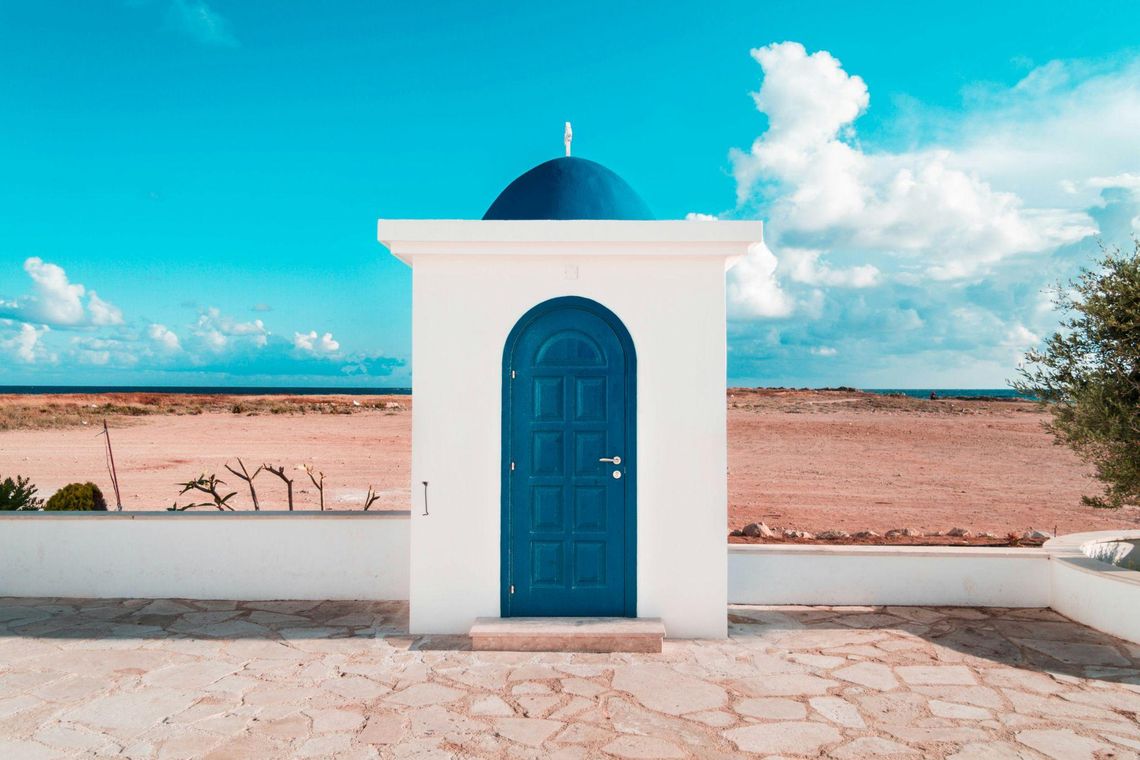
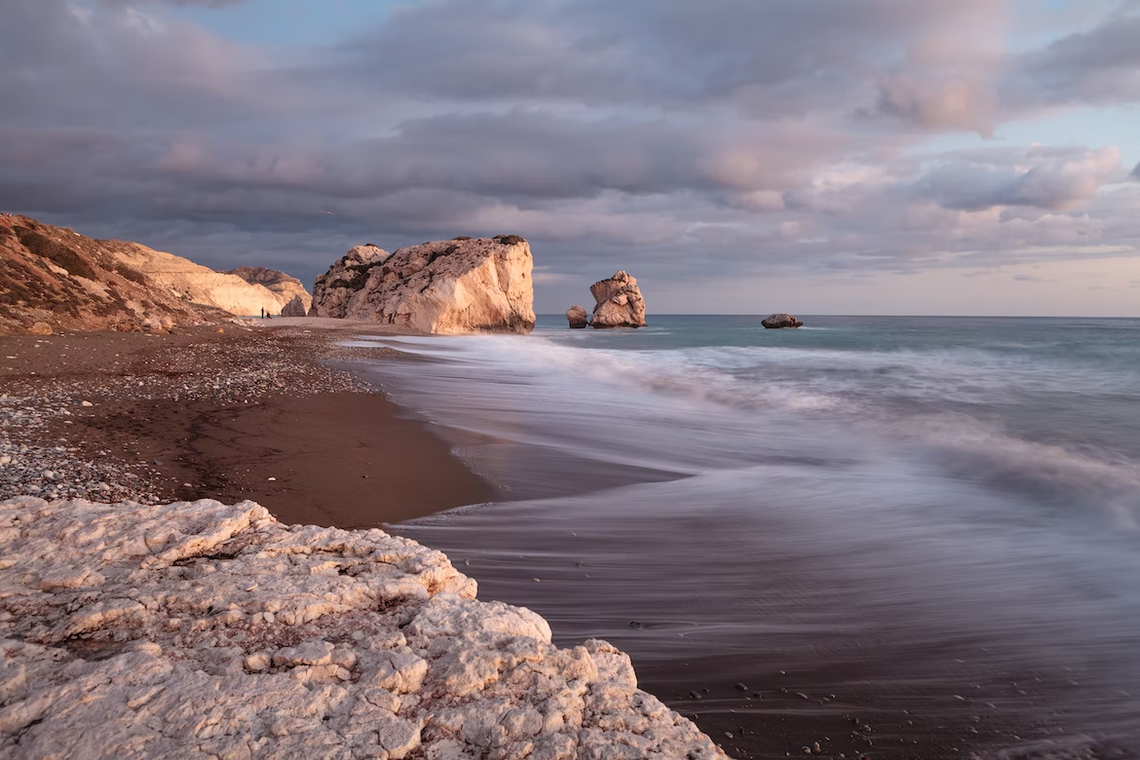
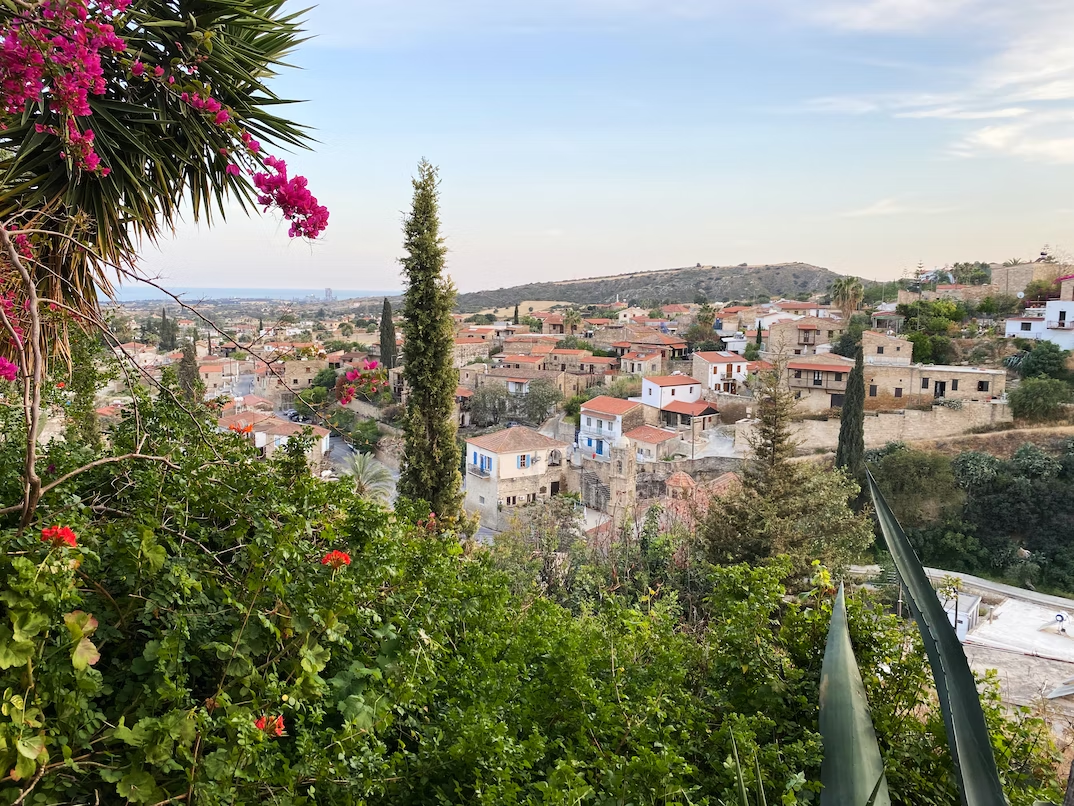

Language courses in Cyprus are chosen by supporters of productive vacation. Here, you can swim in the Mediterranean, get a tan, and at the same time improve your English. Such a vacation will be remembered not only by adults, but also by children. There is a rich variety of family courses that are suitable for both toddlers and teenagers. In addition, this is a fairly cheap destination — in terms of the cost of study, tickets, and accommodation.

| School | Program | Number of weeks | Tuition/week | Cities | Homestay | Living in a residence |
|---|---|---|---|---|---|---|
| English in Cyprus | Standard English Courses | 1-24+ | 181-266 USD | Larnaca, Limassol | 124-186 USD | 249-282 USD |
| Intensive English Course | 1-24+ | 220-333 USD | ||||
| Combination Course | 1-24+ | 475-588 USD | ||||
| Junior Summer Camp | 4-8 | 412 USD/8 weeks | ||||
| Summer Day Camp | 4-8 | 887 USD/8 weeks | ||||
| Family Courses | 1-11 | 531 USD | ||||
| Young Learners | 1-11 | 226-282 USD | ||||
| IELTS Preparation | 1-11 | 220-333 USD | ||||
| One-to-One and Small Groups | 1+ | 254 USD/5 lessons | ||||
| XENION Education | General English | 1+ | 328 USD | Famagusta | ||
| Intensive English | 1 + | 395 USD | ||||
| Exam preparation | 1+ | 395 USD | ||||
| Crash Course Exam Preparation | 1+ | 610 USD | ||||
| tailor-made courses | 1+ | 362 USD | ||||
| One-to-One | 1+ | 226 USD/5 lessons | ||||
| International Summer Camp | 1-8 | 785 USD | ||||
| Summer Camp introduction to Medicine | 1-10 | 537 USD | ||||
| School Immersion | 1+ | 1,011 USD |
| Type of program | Intensity | Group | Min. language level | Avg. cost per week |
|---|---|---|---|---|
| General English | 20 | 12-15 | Beginner | 207 USD |
| Intensive English | 25 | 12-15 | Beginner | 218 USD |
| Combination Course | 30 | 12-15 | Beginner | 381 USD |
| Business English | 20-25 | 6- 15 | Intermediate | 435 USD |
| IELTS Preparation | 20-25 | 6-15 | Intermediate | 267 USD |
| Family Programs | 20-25 | 2 | Beginner | 381 USD |
| One-to-One | Individual | 1 | Beginner | 39 USD/session |
| Summer Programs | 15-20 | 10-15 | Beginner | 407-887 USD/ course |
Learn more about the types of language courses in this article.
General English and Intensive English. These are general English programs. They differ only in the number of hours per week. Courses are suitable for all language levels, from beginner (A1) to advanced (C1). The course takes place according to a standard scheme — students practice their speaking, reading, listening, and writing skills, simultaneously mastering vocabulary and grammar.
Business English. In this course, students become familiar with professional vocabulary from different areas of business, learn how to make presentations for business partners, answer questions from clients, as well as write resumes and pass interviews. In addition, there are special courses for certain specialties — for example, medicine, law, and even accounting.
One-to-One — individual programs with a more flexible curriculum. The student himself can choose the intensity of the courses and change the curriculum together with the teacher.
IELTS Preparation — preparation for the IELTS exam, which is often necessary for university admission and employment. The minimum language level for these courses is B1. Passing the exam itself is carried out for an additional fee (226-260 USD) at official IELTS testing centers.
Summer programs — short-term language courses for children and teenagers. Accommodation, meals, and entertainment are included in the price. Children 9-10 years old live with their parents in a hotel, and teenagers 11-18 years old live on campuses.
Family programs — joint programs for children and parents. Classes are held in the first half of the day, while excursions and recreational activities take place in the second. Children are divided into groups according to their age (from 1 to 16 years old), and parents according to their language level.
Combination courses. At some schools, general English courses can be combined with additional modules. For example, you can partake in sports with an instructor in the morning, relax on the beach during the day, and study the language in the evening. There are also more specific combinations — for example, English for agro-tourism or hospitality.
Most universities have free language programs, but only as electives for already enrolled students. For everyone else, there are not many options. Such courses are offered by the University of Cyprus, Cyprus University of Technology, and just a few others.
There are also few programs available. Most often these are preparatory courses for the IELTS exams or English for Academic Purposes (EAP) — academic English to prepare for studies at the university. Anyone with a B1 language level can enter them.

To enroll in a language course, you need to fill out an application form and send it to the school's email address. There you will need to indicate passport data, the name of the program, the date of arrival and, if desired, the accommodation option and additional services. At some schools, a deposit of 30-50% of the total course cost is required during the application process.
When the school confirms the registration, all that remains is to pay for the studies. After that, it will send you an invitation letter necessary to apply for a visa.
Before starting classes, you will pass an entrance test to determine your language level. Schools form groups depending on these results. However, your course may be changed if you do not meet the language requirements. For example, if you have basic knowledge and are enrolled in Business English — you will be assigned to General English until you improve your English to the Intermediate level. If you decide to leave the school after that, you may not be able to get your tuition refunded, so check the terms of the contract beforehand.
Teachers focus on all four language skills: listening, speaking, reading, and writing. Classes are held according to the communicative method. The curriculum is designed in such a way that students communicate in English as often as possible. Even new grammar rules are practiced in speech.
At the end of each school week, students take a language test so that teachers can track the progress of students and pay more attention to any weaknesses in the following lessons. At the end of the course, the student receives a certificate — but only if he attended 80% of the classes.

| Accommodation options | Meals | Number of people per room | Avg. cost per week |
|---|---|---|---|
| Host family | Breakfast / breakfast + dinner | 1-2 | 169 USD |
| Student residence | Breakfast / breakfast + dinner | 1-4 | 282 USD / 508 USD |
| Apartment | None | 1-3 | 554 USD/month |
| Hotel | Optional | 1-6 | 316 USD |
| Expense | Avg. cost |
|---|---|
| Registration fee | 56 USD |
| Study materials | 6 USD/week |
| IELTS exam | 234 USD |
| Medical insurance | 11 USD/week |
| Meals | 52 USD / 105 USD/week |
| Delivery of the invitation by express mail | 60 USD |
| Airport transfers | 71 USD |
| Service | Cost |
|---|---|
| Complete guidance in registering for courses — language schools abroad | 38,000 ₽ |
| Complete guidance in the admission process — university language courses | from 75,000 ₽ |
| Visa guidance | 32,000 ₽ |
For language courses lasting up to 90 days, will you need a short-term category C visa. Required documents[1]:
Courses longer than 90 days require a national D visa. You will need:
With a short-term category C visa or pro-visa, it is forbidden to work in Cyprus. With a national D visa, you can get a job after 6 months of studying, but only on a part-time basis (no more than 20 hours per week).


English in Cyprus is accredited by the Ministry of Education and Culture of Cyprus and is a member of ELSAC, an association that monitors the quality of education in participating schools.
It offers general English programs with an intensity of 20-25 hours per week, IELTS preparation courses, and individual programs. In addition, English in Cyprus has many options for children and their parents:
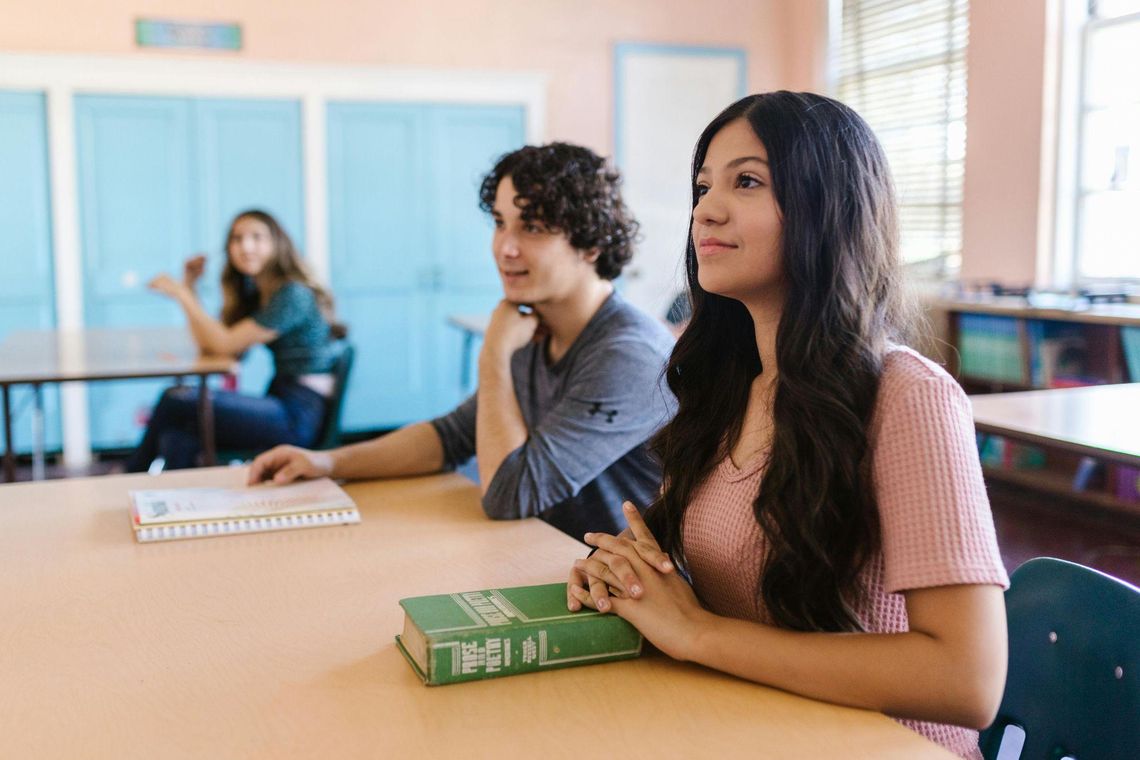
XENION is a private school founded in 1980. One of its divisions — The Cyprus School of English — specializes in teaching English. The school has its own boarding house and a residential complex in the Paralimni area near the beach. It has 36 rooms for one or more people, internet, a library, and many other amenities.
XENION offers programs for adults, prospective university students, children, and teenagers:
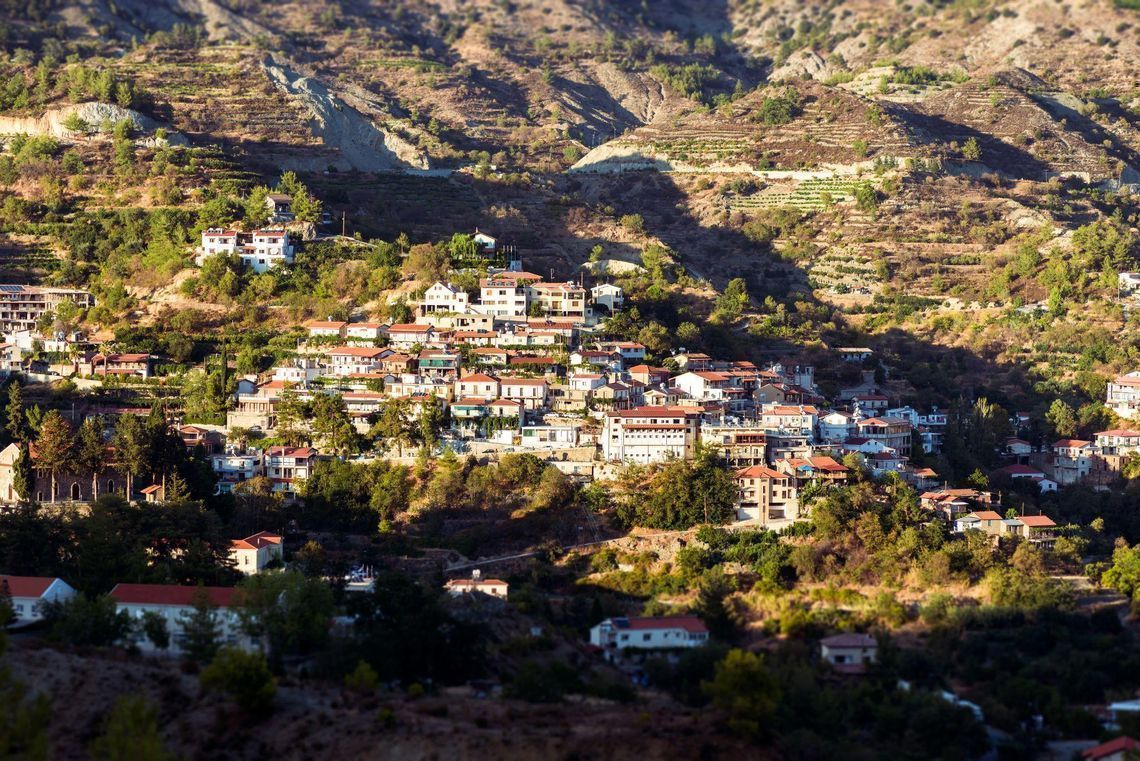
| Population | 177000 |
| Monthly expenses (excluding rent) | 878 USD/month |
| Attractions | Kolossi Castle, Kourion, Rialto Theatre, Salt Lake, Old Town |
The second largest city in Cyprus and one of the most popular tourist centers. People come to Limassol to enjoy its beaches and the calm pace of life. Here you can wander through the numerous cafes and shops of the Old Town, get acquainted with ancient architecture, and take a walk around the Castle of Kolossi.
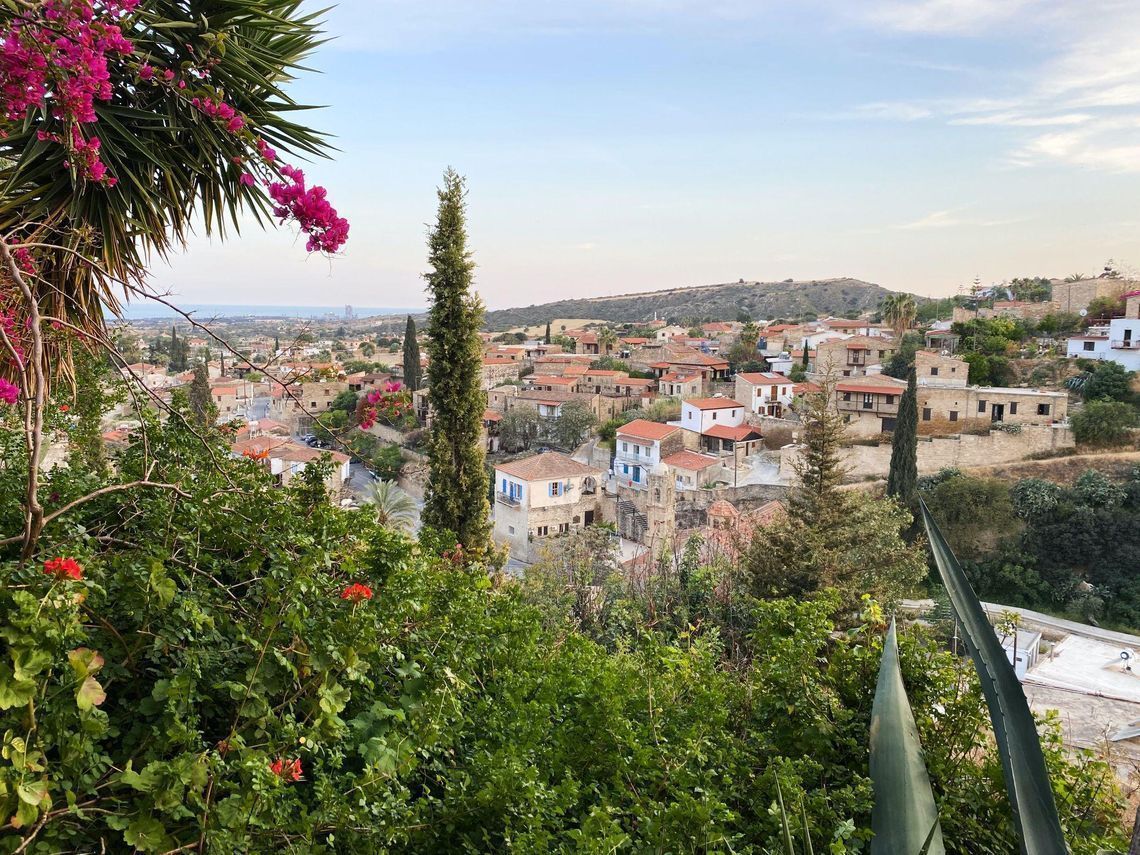
| Population | 144000 |
| Cost of living, excluding rent | 859 USD/month |
| Attractions | Finikoudes Embankment, St. Lazarus Church, Kamares Aqueduct, Mackenzie Beach, Salt Lake |
Larnaca is located on the southern coast of Cyprus. According to the European Environment Agency, here is the cleanest sea in the EU[2]. Students in Larnaca enjoy diving, snorkeling, fishing, and hiking.
The country has many historical churches, mosques, archaeological sites, museums, galleries, gardens and other tourist attractions. Among the most notable are the Larnaca Fort on the seashore, the Church of St. Lazarus, and the Salt Lake on the outskirts of the city.
60+ countries
we work with
$1,000,000 saved
by students through scholarships
6,400 offers
our students got